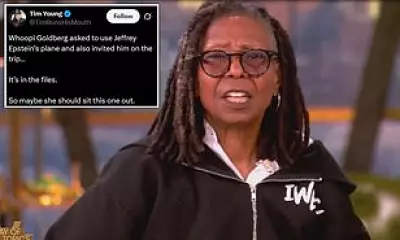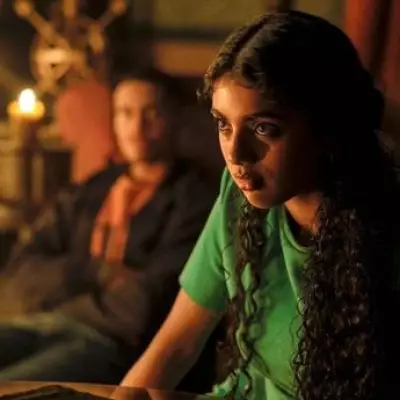
A blistering new report has ignited fury by exposing the deeply entrenched and "shocking" stereotypes used to portray older people on British television. The study, commissioned by leading charities, reveals a broadcasting landscape where the over-50s are consistently depicted as frail, technologically incompetent, and a burden on the NHS and their families.
Campaigners are now demanding an immediate end to what they label "lazy" and "harmful" caricatures, warning that such portrayals have real-world consequences, fuelling age discrimination and negatively impacting the mental wellbeing of millions.
The Damning Evidence: How TV Fails the Over-50s
The comprehensive analysis of peak-time programming uncovered a pattern of negative tropes. Older characters were frequently shown:
- As a societal burden: Often portrayed primarily in storylines concerning health crises and social care, reinforcing the idea they are a drain on resources.
- Struggling with technology: Routinely depicted as baffled by smartphones, computers, and the internet, despite many being digital natives in their professional lives.
- Being out of touch: Presented as disconnected from modern culture, fashion, and social trends, isolating them from the rest of the narrative.
This narrow representation stands in stark contrast to the vibrant and diverse reality of later life in the UK, where many lead active, healthy, and digitally-savvy lives.
A Call for Change: From Stereotypes to Authentic Stories
Charities including Age UK and the Centre for Ageing Better are leading the charge for reform. They are calling on broadcasters like the BBC, ITV, and Sky to commit to stricter guidelines that promote accurate and diverse representation of older adults.
"Television has a powerful influence on public perception," stated a spokesperson for Age UK. "These lazy stereotypes are not just offensive; they are damaging. They perpetuate ageist attitudes that can affect everything from employment opportunities to how older people are treated in their communities."
The report urges content creators to move beyond one-dimensional characters and showcase the full spectrum of experience in later life, including older people in leading roles, in workplaces, and enjoying fulfilling relationships.
Why Representation Matters: The Real-World Impact
This isn't just about fair portrayal; it's about social justice. Evidence suggests that negative media stereotypes can:
- Exacerbate feelings of loneliness and social isolation among older viewers.
- Contribute to age-based discrimination in the workplace, making it harder for experienced individuals to find employment.
- Shape policy and public discourse, framing ageing as a problem to be solved rather than a natural life stage.
Broadcasters have acknowledged the report, with many pledging to review their content and commissioning guidelines to ensure more balanced and realistic representations of the UK's ageing population.





